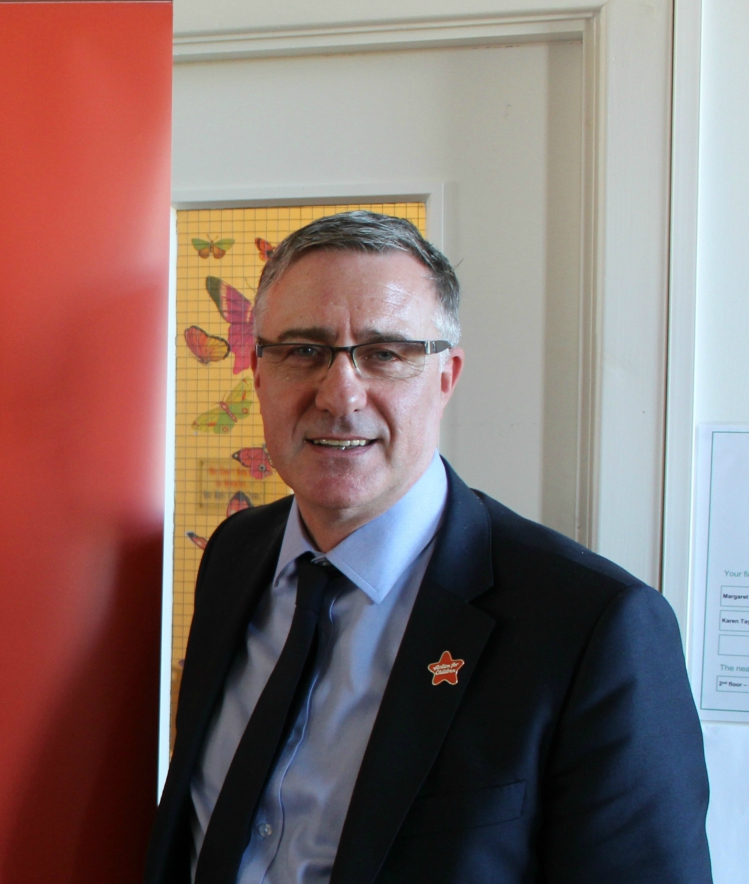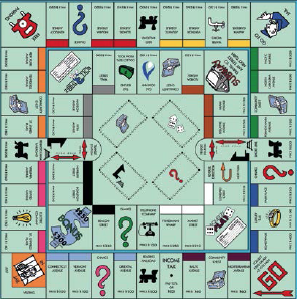Our economy is broken, but our people are not. A new approach built on rights would mean a better future for children
8 November 2019
Responding to Call 11 of our 25 Calls campaign, Paul Carberry, Action for Children’s Director for Scotland says full incorporation of the UNCRC offers a once in a generation opportunity to tackle poverty and empower communities
Call 11: Call 11: We need an economy underpinned by sustainability, innovation and social justice
Action for Children supports Call 11 contributed by Craig Dalzell as part of the 25 Calls campaign – but we would add to it that any economy must be viewed through a child rights lens.
2019 marks the 30th anniversary of the United Nations Convention on the Rights of the Child (UNCRC), and the Scottish Government aims to incorporate this into Scots Law by the end of this Parliament. We welcome this and urge the government to ensure the speedy and full incorporation of the UNCRC.
Incorporating the UNCRC into domestic law offers Scotland an opportunity to have a rights-based approach in how we tackle the key issues that can negatively impact children and young people.
Top of the list should be the economy.
If we view the economy through the lens of rights, we can see it is failing. Scotland has 240,000 children living in poverty. That’s nearly a quarter of all children living in this country.
The old adage that ‘work is a way out of poverty’ is not a reality for the vast majority of families here. Statistics show that 65% of Scottish children in poverty were living in a working household. Behind these numbers are real people, and we know that experiencing poverty has many negative impacts for children.
Incorporating the UNCRC will empower children to hold the government to account by stating that living in poverty does not respect, protect or fulfil their rights as set out by the UNCRC.
Our economy is failing our children on various rights, including Article 6 –developing to their full potential; Article 24 – the right to the best possible health; Article 27 regarding standards of living and Article 31 – the right of every child to relax and play.
But this is due to a system failure, not the failure of people. We know of some parents who work multiple jobs and still can’t make ends meet. Scotland’s economy needs to be one that works for people, not people working for the economy.
As Call 11 says, “We measure our ‘success’ as an economy by our Gross Domestic Product (GDP)… instead of ‘GDP’ and ‘growth’, let’s talk about ‘wellbeing’.”
Robert Kennedy echoed this when he pointed out that “GDP measures everything, except that which makes life worthwhile… GDP does not allow for the health of our children, the quality of their education or the joy of their play”.
Instead of solely chasing GDP growth, Scotland should be creating a rights-based approach to the economy.
This means investing in communities, building up local capacity and their local assets.
Action for Children knows that when communities are engaged in identifying their needs and priorities, they can influence direct service delivery that tackles vulnerabilities, promotes resilience and builds on their existing assets.
When we talk with people about what they need and want, it’s not the consumer craze that our economy seems to want to perpetuate: they don’t state they want flash cars and designer handbags.
Instead what they want is more of life’s fundamentals (or rights), like safe green spaces for their children, warm and stable housing, decent jobs that recognise family life, and flexible and affordable childcare alongside local leisure facilities for children to enjoy.
We have worked with communities to support and build on their strengths and existing assets to tackle social problems.
Our project in the Highlands supports the Milnafua Community Group. The local community was keen to improve resources in their area. With our help the Group developed a local youth club and now deliver community activities such as lunch clubs. They also created school club partnerships offering opportunities including football, dance, first aid and bike maintenance.
The Group has taken ownership of a local hall, a community asset that enables them to offer more services to the local population, from a homework club to an employability, finance and housing support service. This allows informal relationships to be formed and is a means of engaging the community in on-going consultation about services required, issues arising and opportunities available to develop their community.
We also have a unique project in Dumfries and Galloway. It offered people a recycling area for children and young people’s clothing and toys. It was so popular the community identified the need for a larger service. We then created a Community ‘Swap n Shop’ which operates on a token system. For every bag of donated clothing, a person will receive two tokens to use in the shop. This is empowering the local community and creating a new local economy.
However, our wider economic model needs to do more to invest in communities. The key indicator of successful countries should be wellbeing, not chasing GDP growth for growth’s sake.
The current economic model has seen too many children living in poverty not having their rights fulfilled. By having a rights-based approach to the economy we can offer children a better future.
They can be empowered as right holders to demand change.
Paul Carberry is Director for Scotland at Action for Children.
He is responding here to Call 11 of our 25 Calls campaign from Craig Dalzell, "We need an economy underpinned by sustainability, innovation and social justice." Click to read the call

About the author
Paul Carberry is Director for Scotland at Action for Children
Click to visit the website
Call 11
We need an economy underpinned by sustainability, innovation and social justice
Click to read the full call25 Calls campaign
Find out more about the 25 Calls campaign, view press coverage and read further responses
Click to find out more